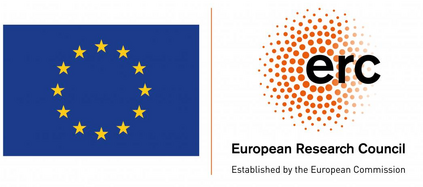In multiwinner approval voting, the goal is to select $k$-member committees based on voters' approval ballots. A well-studied concept of proportionality in this context is the justified representation (JR) axiom, which demands that no large cohesive group of voters remains unrepresented. However, the JR axiom may conflict with other desiderata, such as coverage (maximizing the number of voters who approve at least one committee member) or social welfare (maximizing the number of approvals obtained by committee members). In this work, we investigate the impact of imposing the JR axiom (as well as the more demanding EJR axiom) on social welfare and coverage. Our approach is threefold: we derive worst-case bounds on the loss of welfare/coverage that is caused by imposing JR, study the computational complexity of finding 'good' committees that provide JR (obtaining a hardness result, an approximation algorithm, and an exact algorithm for one-dimensional preferences), and examine this setting empirically on several synthetic datasets.
翻译:在多赢的核准投票中,目标是根据选民的核准选票选择以美元为成员的委员会。在这方面,一个经过充分研究的相称性概念是合理的代表制(JR)xiom,它要求没有大批具有凝聚力的选民群体仍然无人任职。然而,JRxiom可能与其他偏差发生冲突,如覆盖范围(使至少一名委员会成员获得核准的选民人数最大化)或社会福利(使委员会成员获得的核准数目最大化)。在这项工作中,我们调查了将JRxiom(以及要求更高的EJRxiom)强加于社会福利和覆盖的影响。我们的方法有三重:我们从最坏的案例中找出因强制实施JR而造成的福利/覆盖损失,研究找到提供JR的“良好”委员会的计算复杂性(取得硬性结果、近似算法和一维偏好的确切算法),并研究这一对若干合成数据集的经验设定。












